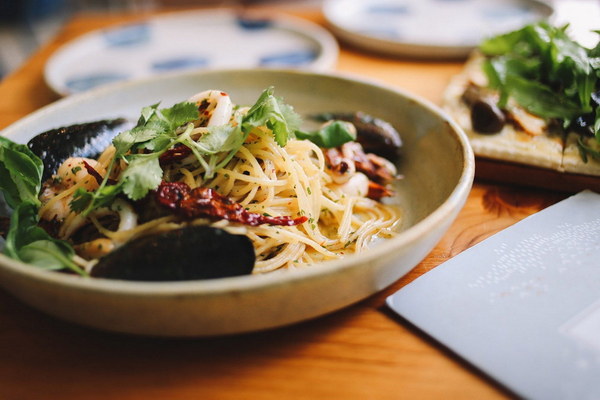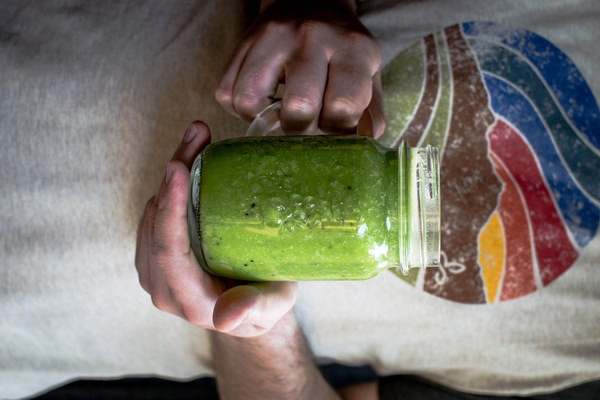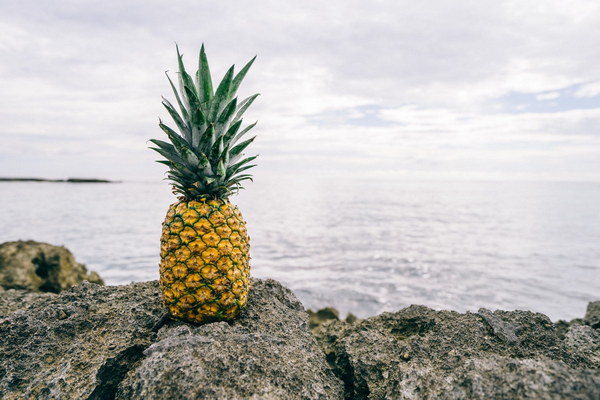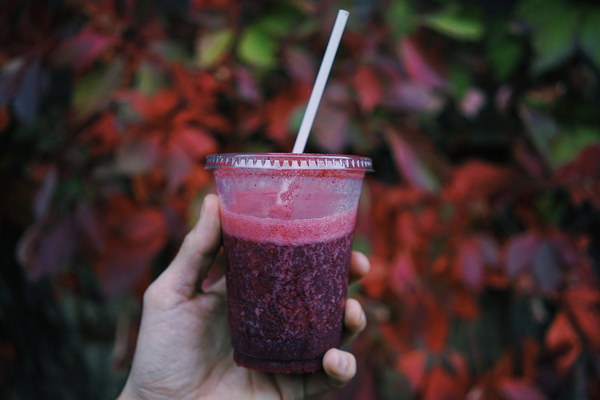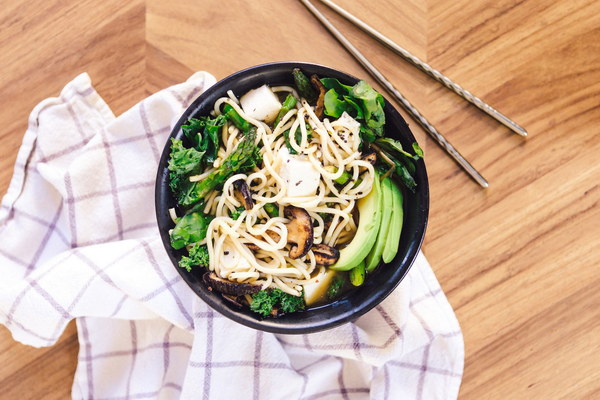Revitalize Your Life The Art of Traditional Chinese Health Practices Unveiled
In the fast-paced world we live in, finding ways to maintain our health and wellness has become more challenging than ever. Traditional Chinese health practices offer a holistic approach to well-being, emphasizing balance, harmony, and natural living. Here's a journey through the timeless wisdom of these practices, designed to revitalize your life and enhance your overall health.
Understanding the Philosophy
At the heart of Traditional Chinese Medicine (TCM) lies the belief in the interconnectedness of the body, mind, and spirit. This philosophy promotes the idea that health is not just the absence of disease but a state of balanced energy flow, known as Qi. By aligning ourselves with the natural rhythms of the universe, we can achieve optimal health and prevent illness.
The Three Treasures: Jing, Qi, and Shen
TCM identifies three fundamental aspects of our being that contribute to health: Jing, Qi, and Shen.
- Jing: The essence of our physical being, inherited from our parents. It's vital for growth, development, and reproduction. To maintain Jing, we must avoid overexertion and live a life of moderation.
- Qi: The vital life force that flows through our body. It's essential for energy, immunity, and physical strength. Activities like tai chi, qigong, and proper nutrition can enhance Qi.
- Shen: The spirit or mind, which governs our emotions and mental state. Cultivating a positive mindset, meditation, and relaxation techniques help maintain a balanced Shen.
Practical Health Practices
1. Tai Chi and Qigong: These ancient exercises involve slow, deliberate movements and breathing techniques to enhance Qi flow and improve flexibility. Regular practice can reduce stress, improve balance, and boost mental clarity.
2. Acupuncture: This traditional therapy involves inserting fine needles into specific points on the body to balance Qi. It's used to treat a wide range of conditions, from pain relief to stress management.
3. Herbal Medicine: TCM employs a vast array of herbs and natural substances to support health. These can be taken in the form of teas, powders, or capsules, and are tailored to individual needs.
4. Diet and Nutrition: A balanced diet rich in whole foods, including fruits, vegetables, grains, and lean proteins, is essential. Foods are categorized based on their properties and how they affect the body, and are chosen accordingly to balance the body’s internal environment.
5. Meditation and Mindfulness: Practices like mindfulness meditation help calm the mind, reduce stress, and improve emotional well-being. By focusing on the present moment, we can cultivate a deeper sense of peace and contentment.
Lifestyle Adjustments for Health
- Regular Sleep: Aim for 7-9 hours of quality sleep each night. Establishing a calming bedtime routine and ensuring a comfortable sleep environment can enhance sleep quality.
- Exercise: Incorporate physical activity into your daily routine. Whether it's walking, cycling, or yoga, regular exercise boosts circulation, strengthens the immune system, and improves mood.

- Social Connections: Maintain strong relationships with friends and family. Social support can provide emotional stability and reduce stress levels.
Conclusion
Embracing traditional Chinese health practices is a journey back to the basics of well-being. By focusing on the balance of Jing, Qi, and Shen, and integrating these practices into our daily lives, we can achieve a state of vibrant health and wellness. Remember, the road to wellness is a personal one, and it's important to listen to your body and seek guidance from qualified practitioners to find the right balance for you.

